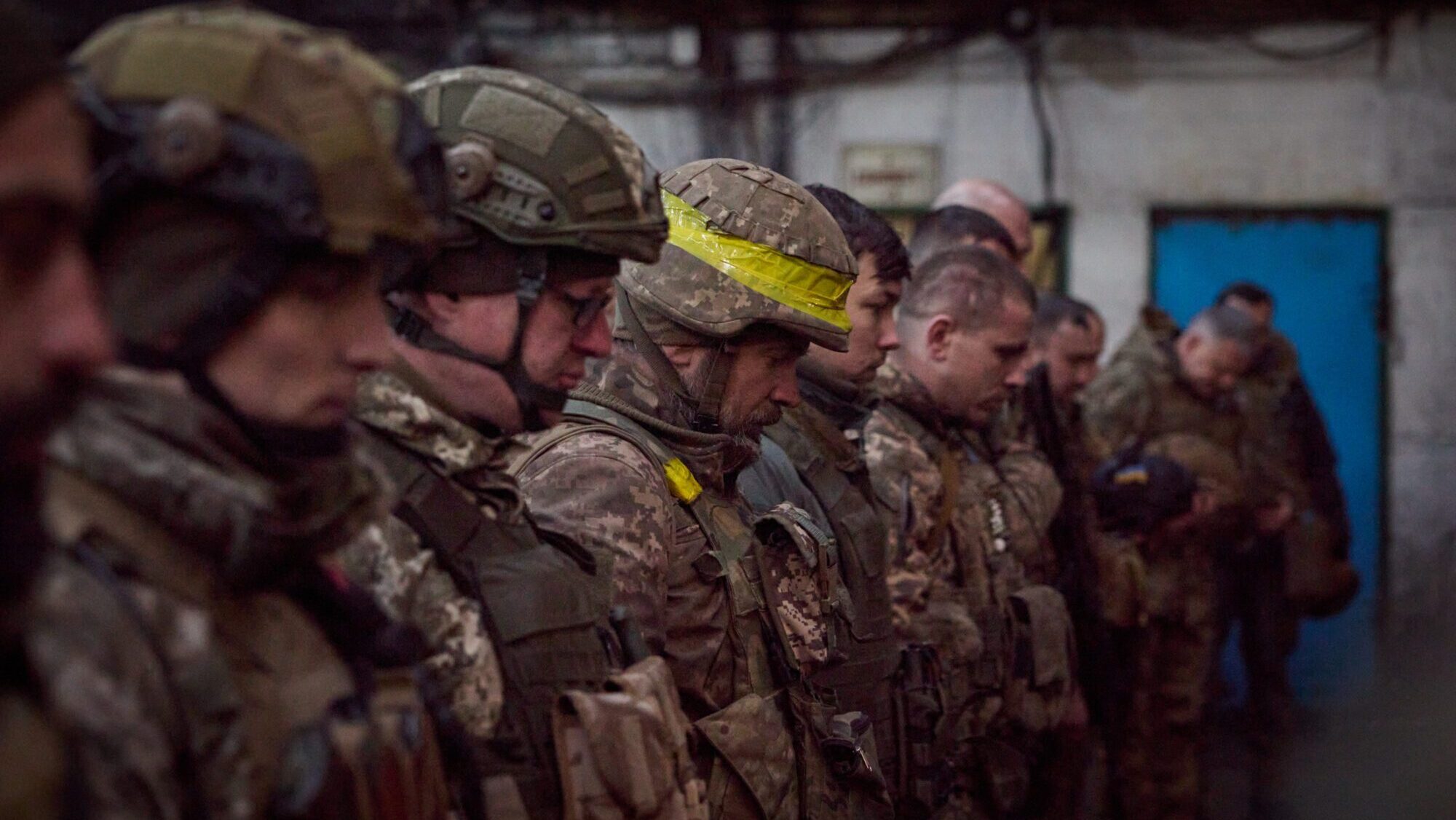
President Of Ukraine from Україна, CC0, via Wikimedia Commons
Poland is weighing its options for dealing with the record-high number of Ukrainians it shelters who are doing their utmost to avoid military service at home.
Under Ukraine’s martial law, men aged 18-60, with some exceptions, are not allowed to leave the country—nor are those living abroad permitted to stay there. In early April, Ukrainian President Volodymyr Zelensky signed into law a measure which would lower the compulsory military service age from 27 to 25, allowing for more men to be conscripted.
As reported by Rzeczpospolita, the number of Ukrainian citizens living in Poland having applied for international protection to prevent deportation has quadrupled.
According to the EU Agency for Asylum (EUAA), a claimant is entitled to international protection when that person is “unable to return to their home country because they would be exposed to a risk of persecution or serious harm, and their country would not protect them. The risk of persecution or serious harm includes threats to life, freedom or physical integrity.”
There are two types of international protection: refugee status and subsidiary protection. Refugee status is granted if the applicant would face persecution upon return to their country due to their race, religion, nationality, political opinion or belonging to a certain group, and if their state would not protect them.
Subsidiary protection is granted if the applicant would face a serious risk due to a conflict in their country or other form of serious harm and if the state would not protect them.
Forcible conscription, which might result in death or injury, would then fall under the latter.
Jakub Dudziak, spokesman for the Office for Foreigners, told Rzeczpospolita that in the first three months of last year, 351 Ukrainians submitted such applications, while and in the same period for this year, 1,149 applications had been registered.
For the sake of comparison, for the whole of 2023, just shy of 1,800 people submitted, with 1,140 people being awarded international protection status.
Precious few Ukrainians are granted refugee status in Poland, Dudziak explains, since almost all Ukrainian citizens (99%) are granted subsidiary protection. With the war effort in Ukraine going from bad to worse, including critical manpower shortages, Poland expects the number of such applications to only increase.
Concurrently, the Polish government is working on amending its special law for war refugees from Ukraine, with plans to remove their accommodation and meal subsidies.
Their right of residence, it says, will be extended until the end of June this year, and then for another year. What comes after may depend on how the war progresses.
The new law however only applies to Ukrainians who entered Poland after February 24th, 2022 (the beginning of the Russian invasion), and not to those who were in the country before the war.
Roughly 1.5 million of these mainly young men of military age who came to Poland for work are estimated to now live there. This compares to more than 1.775 million people who have the status of war refugee, 13.1% of whom are men aged 18–65.
One week ago, in order to entice them to return home, Ukraine’s Foreign Ministry has suspended consular services until the 18th of May for military-age male citizens living abroad.
On X, formerly Twitter, Ukraine’s Foreign Minister Dmytro Kuleba defended that decision, on the grounds that men of conscription age should not be entitled to their country’s services while it is at war.
Protecting the rights and interests of Ukrainian citizens abroad has always been and remains a priority for the MFA. At the same time, under the circumstances of Russia’s full-scale aggression, the main priority is to protect our Homeland from destruction.
— Dmytro Kuleba (@DmytroKuleba) April 23, 2024
How it looks like now:…
“If anyone believes that while someone is fighting far away at the frontline and risking his or her life for this state [of Ukraine], someone else is staying abroad but receiving services from this state, then this is not how it works,” he wrote.
It is doubtful whether Kyiv’s decision will bear fruit; Ukraine’s manpower shortage will remain a headache that no amount of military aid is capable of addressing.
